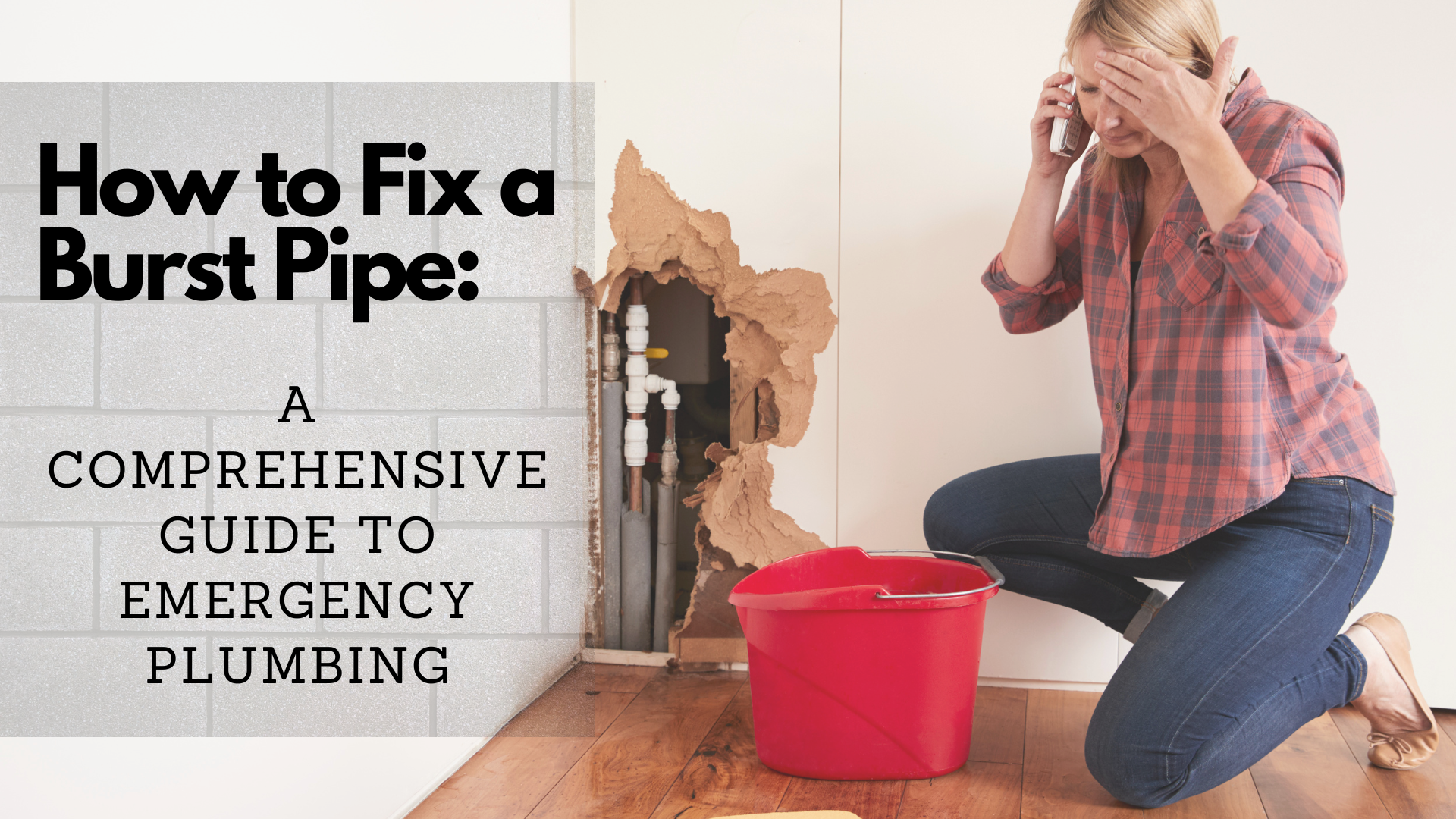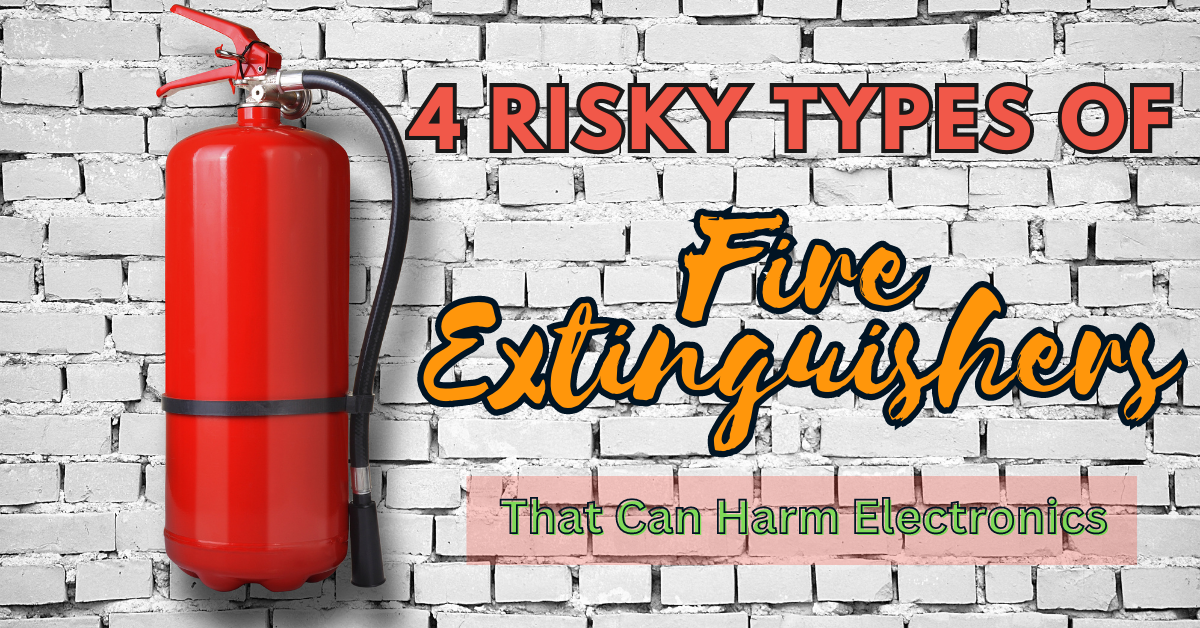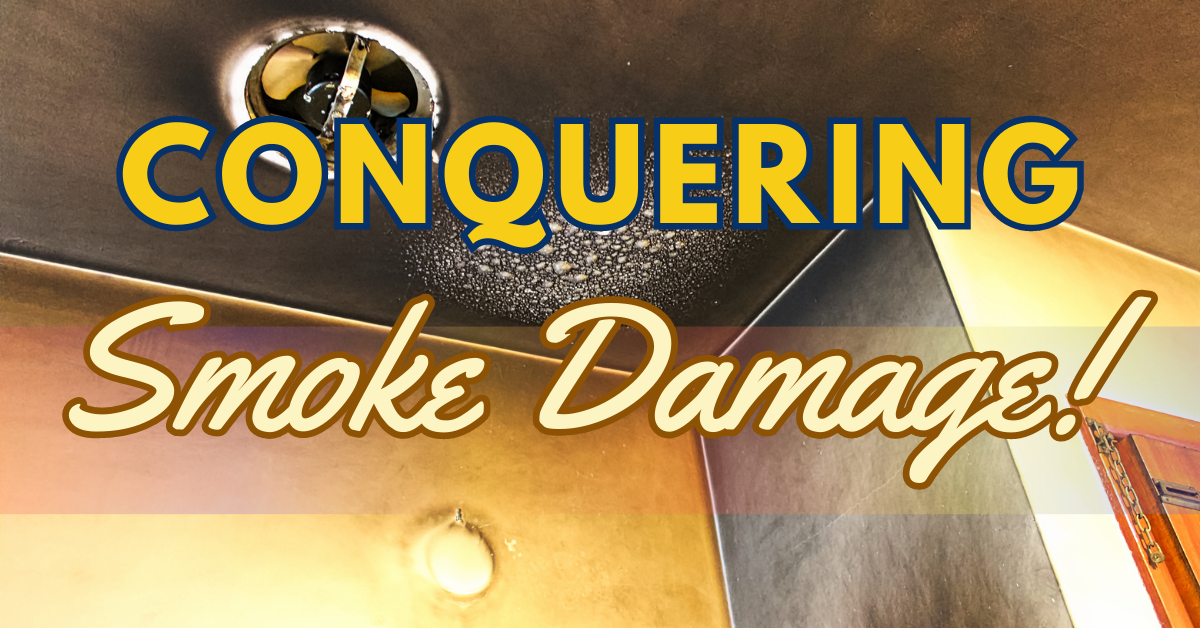
What Causes Pipes to Burst?
Pipes are an essential component of our water supply system. They help us transport water from one place to another, making it easier for us to use it in our daily lives. However, when the temperatures drop during cold weather, water pipes can be at risk of bursting. In this article, we will discuss what causes water pipes to burst and how to prevent them from happening.
Why Do Water Pipes Burst?
Find out the reasons what causes pipes to bursts by exploring some of the most common causes below:
- Frozen Pipes – When the temperature goes below 32 degrees Fahrenheit, the water inside pipes can freeze and expand. This expansion creates pressure on the pipes and can lead to them breaking.
- Excessive Water Pressure – When water moves through the pipes, it creates pressure. If the pressure gets too high, it can cause the pipes to burst. This is more likely to happen if the water pressure is not regulated by a pressure-reducing valve.
- Tree Roots – When trees grow, their roots can enter pipes and make them crack, and eventually break. This is more likely to happen with metal pipes rather than plastic pipes.
- Age and Wear – As time passes, pipes can become weakened and corroded. This makes them more susceptible to bursting, especially if they are exposed to high water pressure.
How to Prevent Water Pipes from Bursting
Preventing water pipes from bursting is essential to maintaining a safe and reliable water supply. Here are some steps you can take to prevent water pipes from bursting:
- Insulate Pipes – Pipes that are located in unheated areas, such as attics, basements, and crawl spaces, should be insulated to prevent them from freezing. Insulating pipes can also help to reduce the risk of bursting due to excessive water pressure.
- Let Water Drip – If you are worried about pipes freezing, you can let the water drip from the faucet. This can help to prevent frozen pipes by keeping water moving through the pipes.
- Keep Temperatures Above 20 Degrees Fahrenheit – When temperatures drop below 20 degrees Fahrenheit, water pipes are at risk of freezing. To prevent frozen pipes, keep the temperature in your home above this level.
- Remove Trees – If you have trees growing near your water supply lines, you may want to consider removing them. Tree roots can cause damage to pipes, which can lead to bursting.
- Use Safer Levels of Water Pressure – If your water pressure is too high, consider installing a pressure-reducing valve. This can help to regulate the pressure and prevent pipes from bursting.
Knowing what causes pipes to burst can help you prevent serious issues in the future. Water pipes are designed to provide us with a safe and reliable water supply. However, they are susceptible to damage and can burst under certain conditions. By taking the necessary precautions, such as insulating pipes and regulating water pressure, you can prevent water pipes from bursting and ensure that you have a safe and reliable water supply.
Superior Restoration’s Water Damage Restoration Services
Once you know what causes pipes to burst, you may easily find ways to solve this issue, especially with a professional. Water damage restoration professionals are necessary if water pipes burst because they have the expertise, equipment, and experience needed to effectively and safely remove standing water, dry out affected areas, and prevent the growth of mold and mildew. They can also identify hidden damage that may not be immediately visible and take steps to mitigate further damage.
Without professional restoration, water damage can lead to structural damage, health hazards, and a decrease in property value. Additionally, restoration professionals can work with your insurance company to help you navigate the claims process and ensure that you receive the coverage you need to fully recover from the damage. What causes pipes to burst? Call Water Damage Riverside, today! Our trusted company is available 24 hours a day, 7 days a week.




